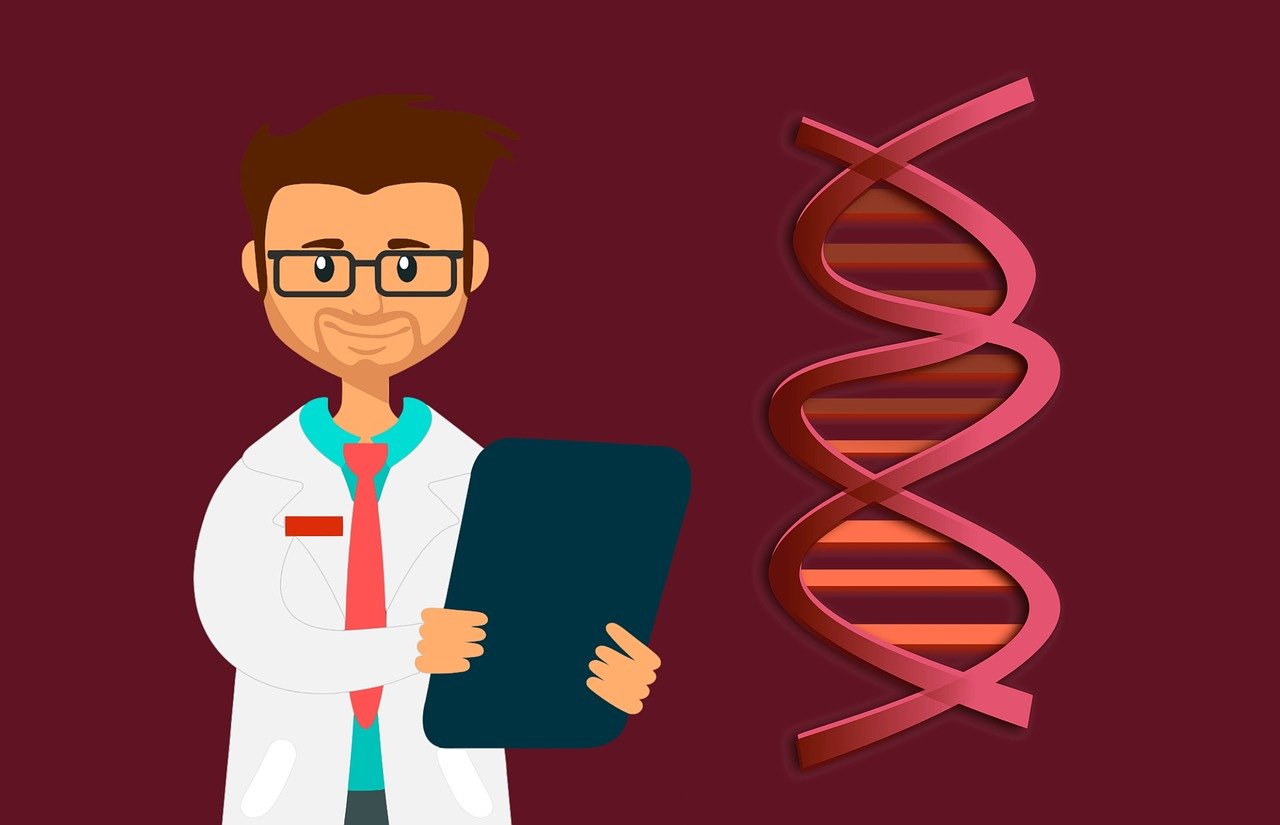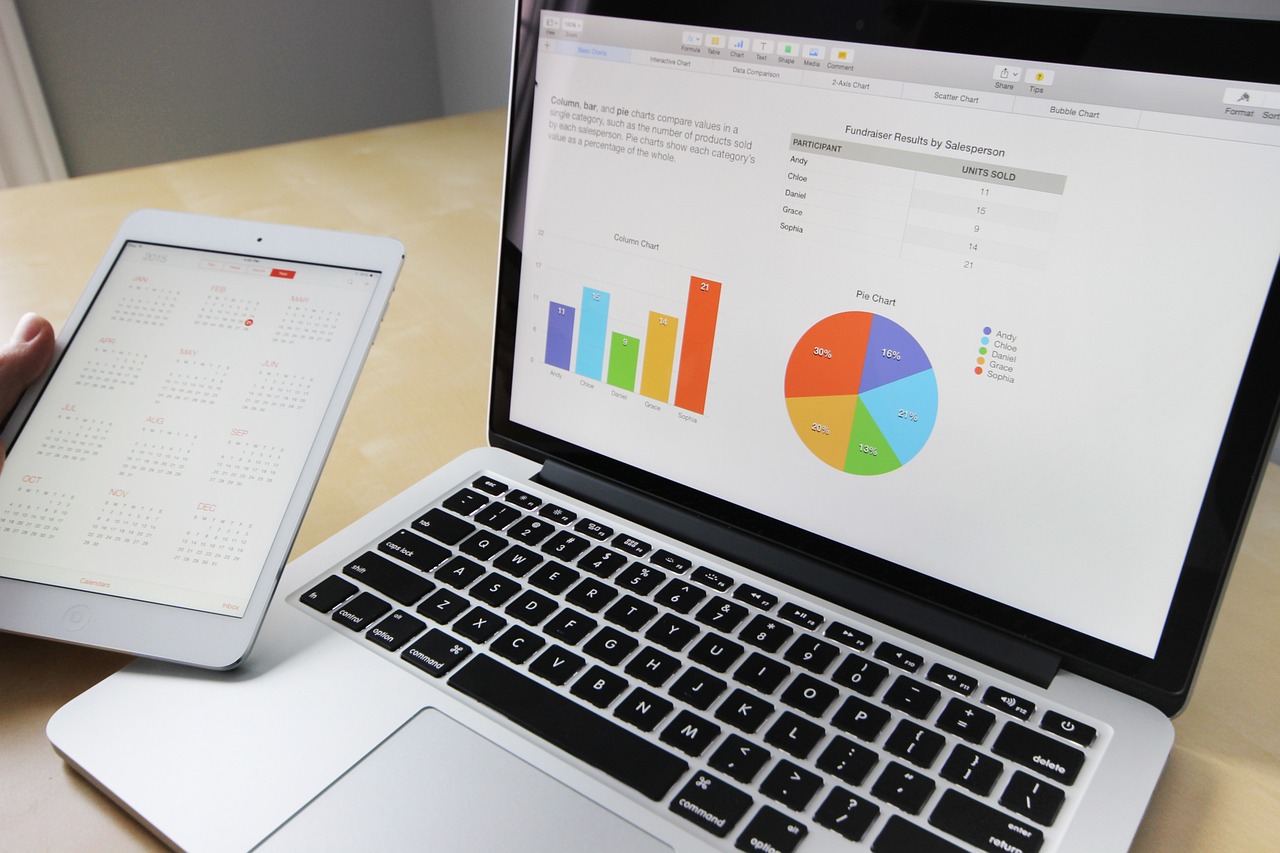In the dynamic realm of healthcare, where innovation and technology intersect with the intricacies of patient care and administrative processes, the integration of artificial intelligence (AI) has emerged as a catalyst for transformation. Among the myriad facets of healthcare that AI has permeated, medical coding stands out as a domain ripe for disruption. The meticulous task of translating intricate medical procedures, diagnoses, and treatments into universally recognized codes is traditionally labor-intensive, prone to error, and subject to evolving regulatory frameworks. In this ever-evolving landscape, the question looms large: Will AI eventually supplant human medical coders?
The convergence of advanced AI technologies, including machine learning algorithms and natural language processing capabilities, has unlocked unprecedented potential in the realm of medical coding. These technologies empower AI systems to ingest, interpret, and contextualize vast troves of clinical data with remarkable speed and accuracy. From deciphering complex medical jargon to synthesizing disparate pieces of patient information, AI has demonstrated prowess in automating coding processes that were once the exclusive purview of human expertise.
As AI-powered coding systems continue to evolve, they hold the promise of revolutionizing healthcare billing and record-keeping practices. The implications are manifold: improved efficiency, enhanced accuracy, streamlined workflows, and potential cost savings for healthcare organizations. Yet, alongside these promises, lurk concerns about the displacement of human workers, ethical considerations, and the safeguarding of patient data. The advent of AI in medical coding necessitates a nuanced exploration of its impacts, challenges, and ethical dimensions.
Advancements in AI Technology
Advancements in AI technology have been transformative across various industries, with healthcare being a notable beneficiary. Machine learning algorithms and natural language processing (NLP) capabilities have particularly revolutionized the way medical data is analyzed and interpreted. In the context of medical coding, AI systems can now accurately process vast amounts of patient records, decipher complex medical terminology, and generate appropriate codes in accordance with established guidelines and standards.
Moreover, the integration of AI into medical coding processes enables continuous learning and improvement. These systems can adapt to evolving coding guidelines and regulations, ensuring that coding practices remain up-to-date and compliant with industry standards. By leveraging feedback mechanisms and access to updated medical literature, AI-powered coding systems can refine their algorithms over time, further enhancing their accuracy and efficiency.
Furthermore, AI technology offers scalability and consistency in medical coding processes. Unlike human coders, AI systems can handle large volumes of data with minimal errors and maintain consistent coding practices across different healthcare facilities. This scalability not only improves productivity but also reduces the variability in coding outcomes, thereby enhancing the reliability and integrity of healthcare billing and record-keeping.
The potential of AI in medical coding extends beyond simple automation; it also enables advanced analytics and insights. AI-powered coding systems can analyze coding patterns and trends within patient populations, providing valuable insights for healthcare providers and policymakers. These insights can inform decision-making processes, identify areas for process improvement, and ultimately contribute to better healthcare outcomes for patients.
The advancements in AI technology have revolutionized medical coding by enabling accurate, efficient, and scalable coding processes. These systems continuously learn and improve over time, ensuring compliance with coding guidelines and standards while providing valuable insights for healthcare stakeholders. As AI continues to evolve, its potential to transform medical coding and enhance healthcare delivery remains promising.
 Medical Coding and AI - Source : pixabay.com
Medical Coding and AI - Source : pixabay.com
Example of How AI Can Work in Medical Coding
To illustrate the practical application of AI in medical coding, consider a scenario where a patient presents with a complex medical condition requiring multiple interventions. The physician documents the details of the patient’s diagnosis, treatment plan, and procedures performed in the electronic health record (EHR). Here, AI-powered coding systems come into play.
Using natural language processing techniques, the AI system parses through the physician’s notes and extracts relevant information pertaining to the patient’s medical history, symptoms, and treatment course. This process involves identifying key medical terms, clinical indicators, and procedural details necessary for accurate coding.
Once the relevant information is extracted, the AI system matches it against established coding guidelines, such as the International Classification of Diseases (ICD) and Current Procedural Terminology (CPT). Based on this analysis, the system generates the appropriate medical codes, including diagnosis codes for the patient’s condition and procedure codes for the interventions performed.
Moreover, AI-powered coding systems can cross-reference coding guidelines and regulatory requirements to ensure accuracy and compliance. For instance, the system may flag potential coding errors or inconsistencies and provide suggestions for corrective action based on best practices and industry standards.
By automating the coding process, AI reduces the time and resources required for manual coding tasks while minimizing the risk of human error. This enables healthcare providers to streamline their billing and reimbursement processes, improve coding accuracy, and focus their attention on delivering quality patient care.
The application of AI in medical coding streamlines the coding workflow, enhances accuracy, and improves efficiency in healthcare billing and record-keeping. By automating routine coding tasks, AI-powered systems free up valuable time and resources for healthcare providers, enabling them to prioritize patient care and clinical decision-making.
How AI Can Replace Medical Coders
AI’s potential to replace traditional medical coders lies in its ability to automate routine coding tasks effectively and efficiently. AI-powered coding systems can analyze electronic health records (EHRs), diagnostic reports, and other clinical documentation to extract relevant information and assign accurate medical codes in accordance with established guidelines and standards.
One of the key advantages of AI in medical coding is its scalability. Unlike human coders, AI systems can process vast amounts of data in a fraction of the time, making them ideal for handling large volumes of patient records and billing transactions. This scalability enables healthcare organizations to expedite their coding processes, reduce backlogs, and improve overall operational efficiency.
Furthermore, AI can standardize coding practices across healthcare facilities, ensuring consistency and compliance with coding regulations and billing requirements. By automating coding tasks, AI-powered systems minimize the variability in coding outcomes and reduce the likelihood of coding errors or discrepancies.
Moreover, AI-powered coding systems can adapt to changes in coding guidelines and regulations, ensuring that coding practices remain up-to-date and compliant with industry standards. These systems leverage machine learning algorithms to continuously learn and improve over time, enhancing their accuracy and efficiency in coding tasks.
By automating routine coding tasks, AI frees up human coders to focus on more complex coding cases that require specialized knowledge and expertise. This allows medical coders to allocate their time and resources more effectively, contributing to improved productivity and job satisfaction within the healthcare workforce.
AI has the potential to replace traditional medical coders by automating routine coding tasks, improving accuracy, and enhancing efficiency in healthcare billing and record-keeping. By standardizing coding practices and adapting to changes in coding guidelines, AI-powered systems streamline the coding workflow and enable human coders to focus on higher-value tasks.
Impact in the Medical Field
The integration of AI in medical coding has the potential to revolutionize various aspects of the healthcare industry, impacting both providers and patients. By automating routine coding tasks, AI can improve coding accuracy, reduce coding errors, and expedite the reimbursement process for healthcare providers.
For healthcare providers, the adoption of AI-powered coding systems translates into faster claim processing, reduced billing discrepancies, and increased revenue. By streamlining the coding workflow, AI enables providers to optimize their revenue cycle management processes and maximize their financial performance.
Moreover, AI-powered coding systems can enhance the accuracy and completeness of medical documentation, leading to improved patient care and outcomes. By generating more comprehensive and standardized medical records, AI facilitates better communication among healthcare providers, reduces diagnostic errors, and supports evidence-based clinical decision-making.
Furthermore, the insights derived from AI-powered analytics can inform population health management strategies and healthcare policy development. By analyzing coding patterns and trends within patient populations, AI enables providers to identify high-risk patients, target interventions more effectively, and allocate resources efficiently.
The integration of AI in medical coding has a profound impact on the healthcare industry, improving operational efficiency, financial performance, and patient outcomes. By automating routine coding tasks and providing valuable insights, AI empowers healthcare providers to deliver high-quality care and optimize their resource utilization strategies.
 Medical Coding and AI - Source : pixabay.com
Medical Coding and AI - Source : pixabay.com
In the crucible of healthcare’s technological evolution, the integration of AI in medical coding represents both a harbinger of progress and a harbinger of profound change. The advancements in AI technology have endowed healthcare organizations with unprecedented tools to streamline coding processes, enhance accuracy, and optimize resource allocation. The potential benefits are manifold: expedited reimbursement cycles, improved financial performance, and better patient outcomes through enhanced clinical documentation.
However, the advent of AI in medical coding is not without its challenges and ethical considerations. The prospect of job displacement among human coders underscores the imperative for reskilling and retraining initiatives to ensure a smooth transition to AI-driven workflows. Ethical dilemmas surrounding patient data privacy, algorithmic bias, and accountability necessitate robust regulatory frameworks and vigilant oversight.
As AI continues to mature and permeate every facet of healthcare, stakeholders must navigate the delicate balance between innovation and ethics. The responsible deployment of AI in medical coding demands a collaborative effort among healthcare providers, policymakers, technologists, and ethicists. By harnessing the transformative power of AI while upholding the principles of patient-centered care, the healthcare industry can chart a course towards a future where technology serves as an enabler of equitable, accessible, and high-quality healthcare for all.

 What is Data Visualization and How is it helpful?
What is Data Visualization and How is it helpful?